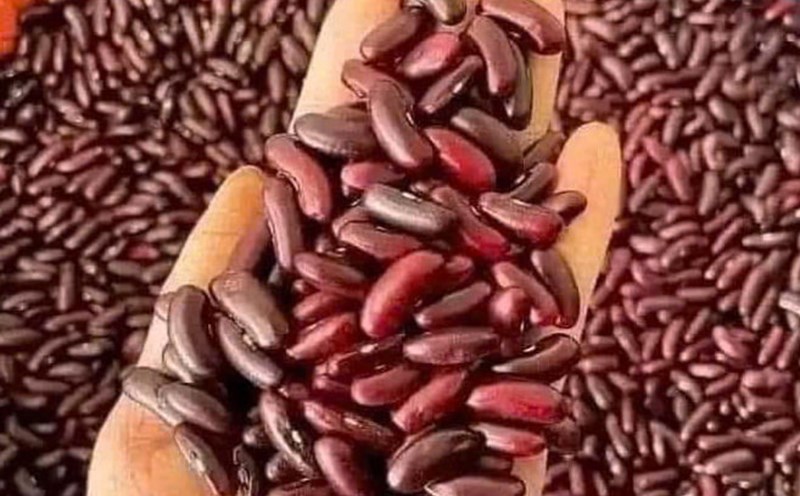Egg yolks contain many essential nutrients such as:
Choline: supports fat and sugar metabolism;
Vitamins D and B12: play a role in glucose metabolism and insulin function;
Monounsaturated and polyunsaturated fats: help improve insulin sensitivity;
High-quality protein: slows down the absorption of sugar into the blood, controls blood sugar after eating.
When combining eggs (all the yolks) for breakfast, the glycemic index after eating is 20-25% lower than for breakfast with only starch such as banh mi or cereals.
Egg yolks also help increase satiety, reduce calorie intake in later meals, an important factor in long-term weight control and blood sugar.
Mechanisms to help lower blood sugar of egg yolks:
Reduce glucose absorption rate: The fat and protein in the red blood help slow down digestion, thereby reducing the rate of increase in blood sugar after eating.
This is especially helpful for people with a high HbA1c index or at risk of insulin resistance.
Improve insulin sensitivity: A diet with egg yolks 3-4 times a week helps improve insulin activity in overweight people, a group prone to prediabetes.
Increases fat and sugar metabolism efficiency: Choline in red blood plays an important role in liver function, which converts glucose into glycogen for storage, avoiding excess sugar in the blood.
Ways to use egg yolks to help control blood sugar:
Whole-buy eggs (with yolks). It is an ideal breakfast for people who need to control blood sugar.
Can be combined with green vegetables, avocados or whole wheat bran to increase the effectiveness of reducing blood sugar after eating.
Low-oiled fried eggs: When not deep-fried, eggs still retain good fat, avoiding hyperlipidemia.
Use with sugar-free salads or oatmeal to maintain stable blood sugar.
Eggs mixed with dishes rich in fiber:
For example, steamed eggs with vegetables, seaweed rolls... help combine protein, fat and fiber in a balanced meal, avoiding sudden spikes in blood sugar.
Effective foods combined with eggs to lower blood sugar:
Avocado: contains monounsaturated fats, which slow down glucose uptake.
Leafy greens: rich in magnesium and fiber, help improve insulin function.
Whole grain oats: low GI, slow sugar release...
Notes when using egg yolks:
People with high blood cholesterol should eat 3-4 eggs/week and combine it with a diet low in saturated fat.
It should be boiled or baked instead of deep-fried to avoid losing cardiovascular benefits.











